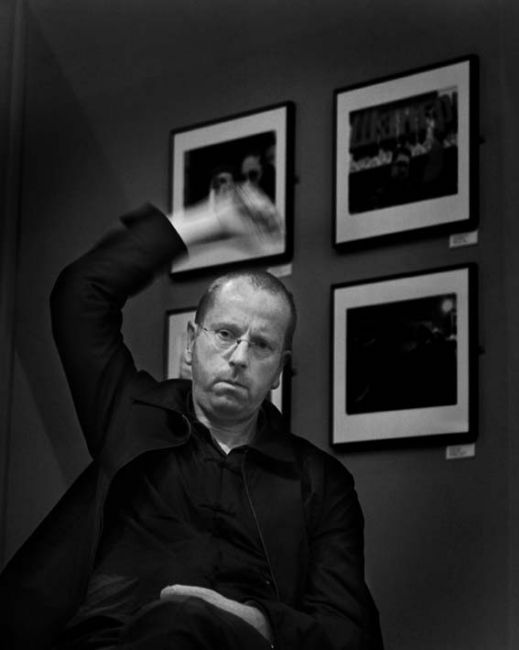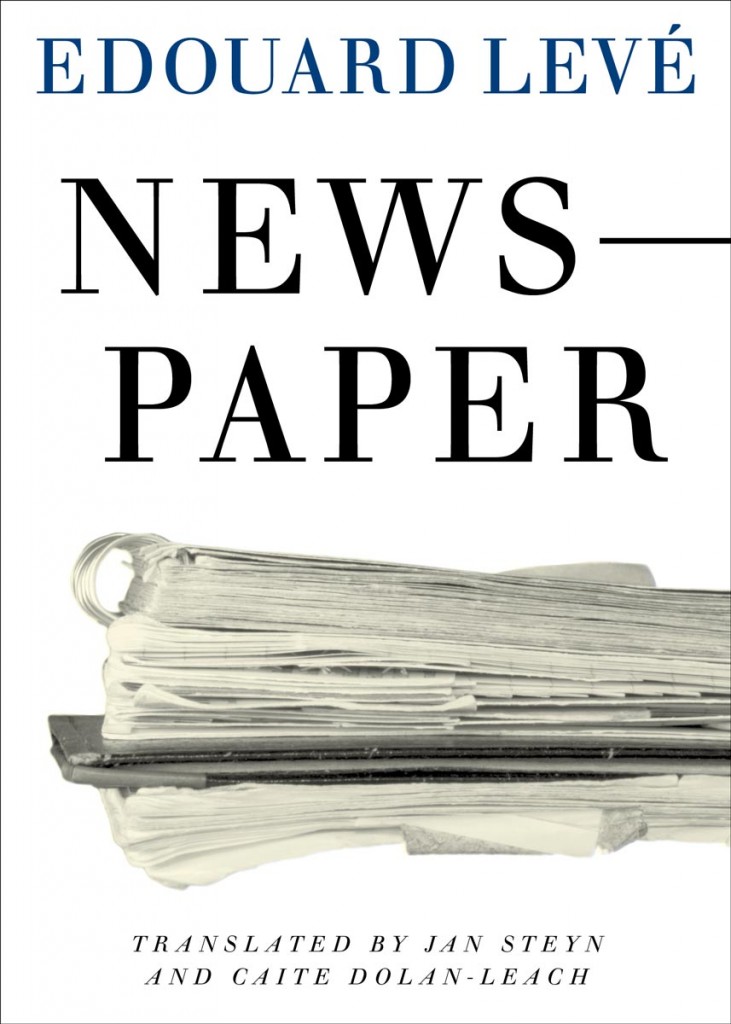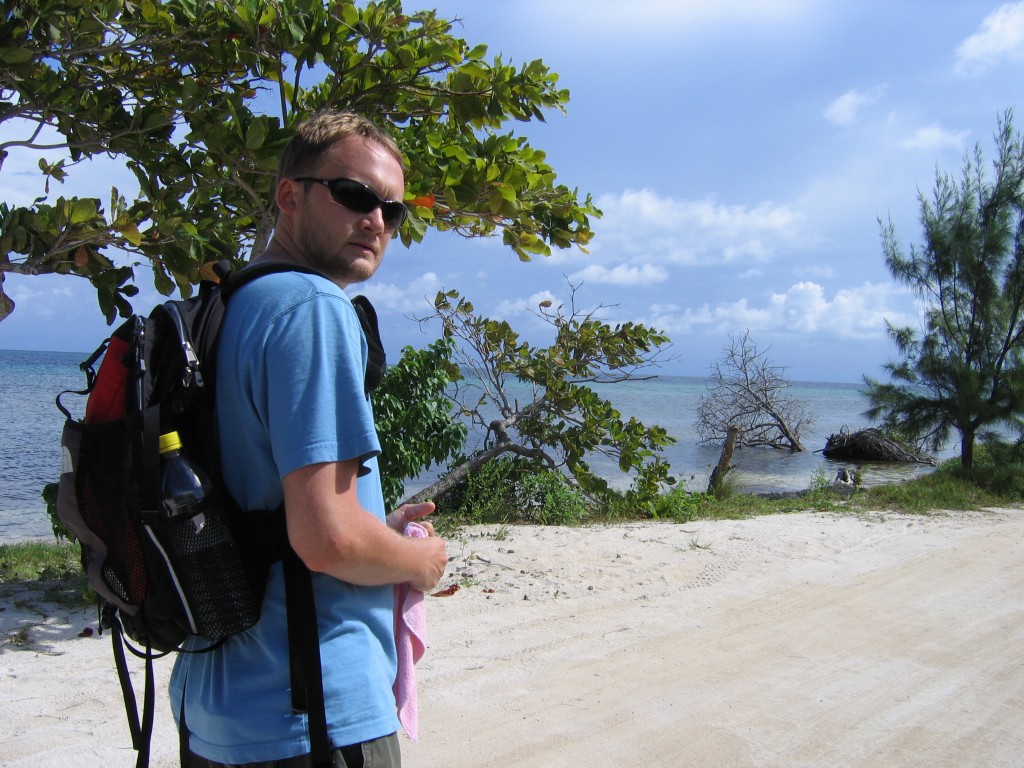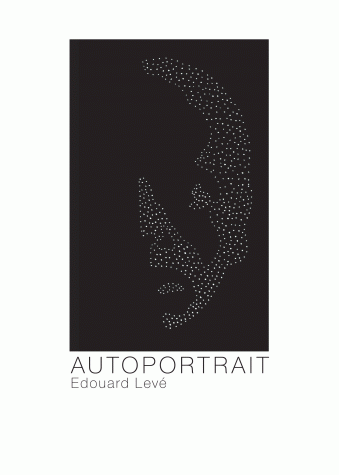Few proper names appear in the book. No dateline attends the stories. Locations generally unspecified. It’s a newspaper, sans columns, a readymade novel, one event follows another. And like any daily newspaper, Newspaper can be riveting reading, and at other times dry (deliberately so) to the point of numbing.
—Jason DeYoung
Newspaper
Edouard Levé
Translated by Jan Steyn & Caite Dolan-Leach
Dalkey Archive Press, 2015
$13.95
.
“Approximately twenty people have died in a suicide bombing at a seaside resort hotel.”
“Two young people, ages sixteen and eighteen, are being investigate for the rape and murder of a sixty-night year old grandmother.”
“High-speed trains are once again running late.”
“A simulated airplane crash has gone badly wrong.”
“Internet site seeks numerologists and astrologists. Work from home, flexible hours. Urgent.”
“The rains that have been sweeping over the west since early this morning are moving across the region.”
Such is the news in Edouard Levé’s Newspaper, a 124-page fictional newspaper packaged as a book. Organized into eleven sections—International, Society, Economics, Science & Technology, Classifieds, Weather, Sports, Arts & Culture, etc.—each part is comprised of individual news stories or items of interest. Few proper names appear in the book. No dateline attends the stories. Locations generally unspecified. It’s a newspaper, sans columns, a readymade novel, one event follows another. And like any daily newspaper, Newspaper can be riveting reading, and at other times dry (deliberately so) to the point of numbing.
Newspaper is Edouard Levé’s second ‘novel’ but his fourth book to be translated into English and published by Dalkey Archive Press. The first book was Suicide in 2008, followed by Autoportrait in 2012 (which I reviewed for Numéro Cinq) and Works in 2014. Owing a self-acknowledged debt to George Perec, a founding member of the Oulipo (short for Ouvroir de littérature potentielle—”workshop of potential literature”) Levé’s work is often formal experiments that reframe reality and bring into focus the fragmentary nature of memory. In his books Suicide and Autoportrait, he writes pointillisticly, without the traditional patterns and techniques of fiction, and the sentences seem written down at random. Works is a catalogue of 533 ideas for future art works—some he completed, most he didn’t (Levé committed suicide in 2007). What these singular books explore is a kind of aesthetics of the incomprehensible as it acknowledges the multiplicities within its author and his world.
As a book, Newspaper plays with some of these same ideas, and stands as an intriguing testament of life in the early aughts (it was first published in France in 2004). Themes of power and death and terrorism dominate the international news. Suicide, murder, rape, pedophilia, robbery, white-collar crime fill out the local news. The economic report is all about interest rates and household consumption, worker strikes and worker rights, money laundering and a downturn in the market. Science & Technology fills us in on meningitis scares and radiation exposures, experiments with human cloning and risings in average yearly temperature. And so on, with the banality of good and bad weather, triumphs and letdowns in sports, the weirdness of the classifieds ads, births and deaths, the smallness of arts and culture reporting. Finally the book peters out with its Entertainment Guide and Television listings. How do you want to spend your time? Naval sculptures in the morning, a film about parallel universes in the afternoon, and tonight we can check our lottery number at 8:25 before getting to the sports update and then falling to sleep while watching the nine o’clock movie. What’s it about? A woman who is “a member of a narcotics agency, [who] picks up a little extra money serving as bate for the vice squad.” I hear she’ll be scantily clad and heavily made up.
It could easily be today’s paper.
Like most of Levé work, Newspaper leads to speculation about how to read it: it is one thing that pretends to be another after all, and the mind wants to resolve this discrepancy. Before the publication of his novels, Levé was better known as a conceptual photographer. His photographs were often composed scenes that were not as transparent as their titles would suggest, as in his collection Pornography in which models, fully clothed, contort into sexual positions, or his collection Rugby, a series of photographs of men in business attire playing the titular sport. In both, the photos represent an action but are not the real thing. As Jan Steyn points out in the Afterward to Suicide: “We cannot see such images and naively believe in the objective realism to which photography all too easily lays claim: we no longer take such photos to show the truth.”
The college-like, frame-by-frame structure of a newspaper surely appealed to Levé’s sensibilities. In Autoportrait he says his own memory is like a disco ball, and in Suicide he goes a bit further in explaining his understanding of perception:
A dictionary resembles the world more than a novel does, because the world is not a coherent sequence of actions but a constellation of things perceived. It is looked at, unrelated things congregate, and geographic proximity gives them meaning. If event follow each other, they are believed to be a story. But in a dictionary time doesn’t exist: ABC is neither more or less chronological than BCA.
As with a dictionary, the daily newspaper is a fragmented view; instead of the potentialities of words, however, it’s a portrait of worldly and local events. Just as with his photography, Newspaper rejects “objective realism,” ironically by posing as something we often consider (perhaps incorrectly) to be the realest of the real. But the map isn’t the territory. Newspaper is an artifact that represents the on-goings of the world… as determined by whom? In many ways, Newspaper reminds me of Alfredo Jaar’s Newsweek.
As a formal experiment, Newspaper is worth reading. Unlike common novels, its impartial and unadorned prose evades interpretation, while still revealing a human comedy. Here are two examples:
…The former dictator is coming back into style. The municipality, in agreement with the hotel-owner’s union, is promoting this image, hoping that this ‘fashionable’ dictator will attract tourists to the area. The leader’s former residence, which was commandeered from a rich family whose son committed suicide rather than collaborate with the regime, has been transformed into a five-start hotel wherein delighted tourists pay the equivalent of one month’s salary to spend one night in the ‘big man’s’ bedroom suite. The national poet responsible for writing all the dictator’s speeches lived nearby; his former chateau welcomes two hundred thousand visitors each year.
The government has stepped down from the power and the departing prime minister has formed a new cabinet. This new government, in which the prime minister is also the minister of defense, no longer includes any deputy prime minister. The ministers of home affairs and of foreign affairs have switched roles. The ambassador to an important nation has become the new head of diplomacy, and the home affairs minister’s chief of staff is now himself the minister.
Yes, there’s humor here, yet it doesn’t come with a gentle touch, but as an unsteady a last resort. By removing the context from these stories (and removing himself as a narrator) Levé shows a kind of stark gory truth about people—their avarice, chicanery, vice. There are very few stories here about kindness or selflessness. But the daily newspaper doesn’t report that anyway. Conflict, hopefully bloody, is what readers want, right? All the same, words like terrorist, minister, dictator are tossed around, but we are not made privy to who decided upon these terms, and the lack of history and understanding puts us at odds with what we’re reading. Ambiguity turns this world on its head. One of the things Newspaper seems to ask is do we really have understanding of our world or just a craving for spectacle.
In a small essay called “Approaches to What?” George Perec writes: “Has the newspaper told us anything except: not to worry, as you can see life exists, with its ups and its downs, things happen, as you can see.” Perec had a scornful view of daily newspapers, and I wondered while I read Newspaper if Levé didn’t feel similarly. The ‘novel’ didn’t move me in any way except toward the bigness of life and its confusion and its ultimate banality. What Newspaper provides is an oblique view of a ghostly and incomplete world. We all know more goes on that what is reported. What’s been left out? I cannot say whether I liked Newspaper. It’s not that kind of book. Like and dislike don’t really seem to matter, just as with a regular newspaper—generally criticized for its coverage and less as an entertainment.
—Jason DeYoung
NC
Jason DeYoung lives in Atlanta, Georgia. His work has appeared or is forthcoming in numerous publications, including Booth, REAL: Regarding Arts & Letters, Corium, The Austin Review (web), The Los Angeles Review, New Orleans Review, Monkeybicycle, Music & Literature (web), and Houghton Mifflin Harcourt’s Best American Mystery Stories 2012. He is a Senior Editor at Numéro Cinq Magazine.
.
.






